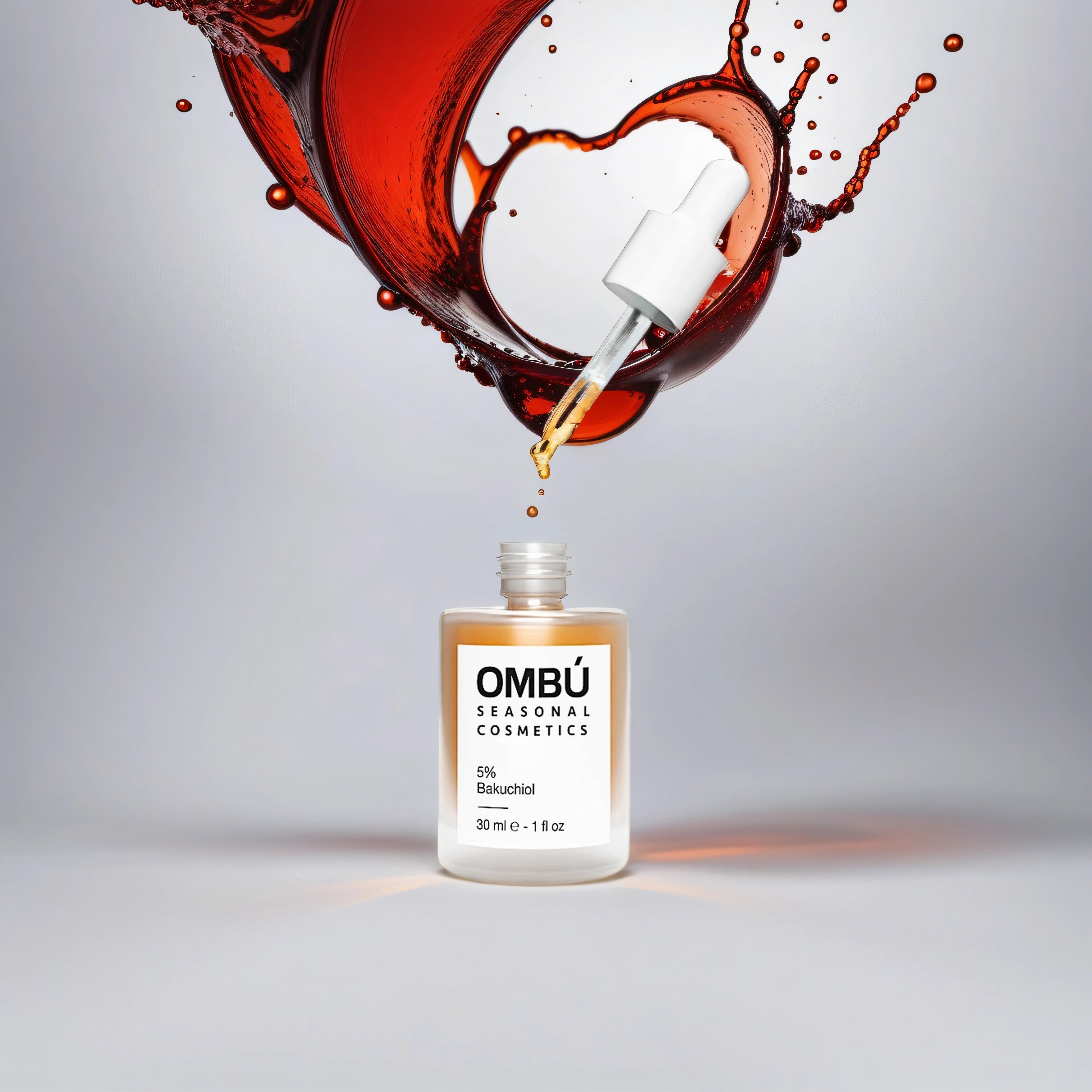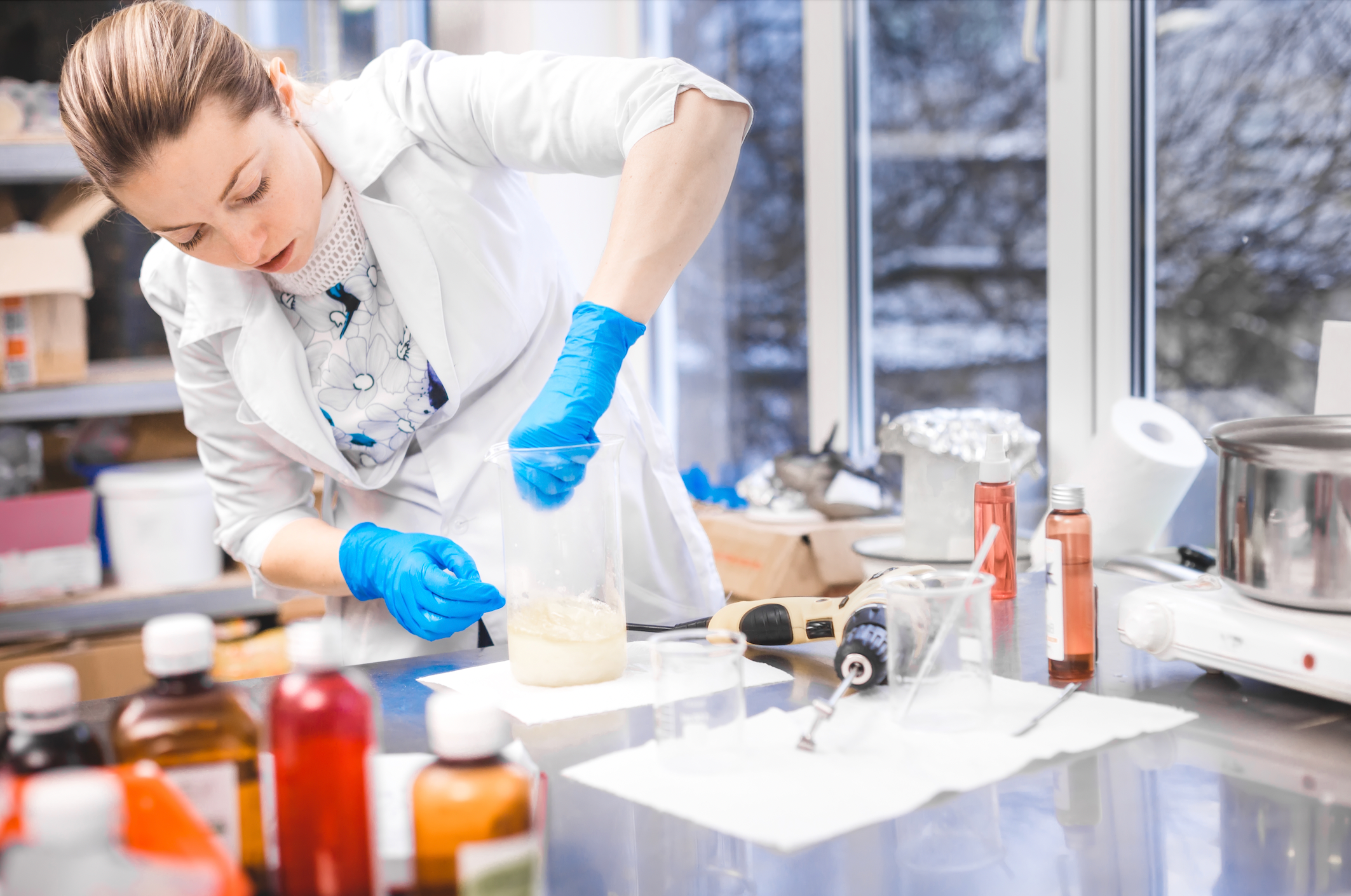Article: Is Bakuchiol Cytotoxic? We Reveal the Truth Behind the Fashionable Ingredient in Cosmetics.

Is Bakuchiol Cytotoxic? We Reveal the Truth Behind the Fashionable Ingredient in Cosmetics.
Introduction to Bakuchiol
Bakuchiol, a compound extracted from the seeds and leaves of the *Psoralea corylifolia* plant, has gained relevance in the world of cosmetics as a natural alternative to retinol. This ingredient offers anti-aging benefits without the irritating side effects typical of retinoids.
Studies on the Cytotoxicity of Bakuchiol
Recent research has evaluated the safety of bakuchiol, particularly at high concentrations, to determine its cytotoxicity. An important study, published in the "Journal of Dermatological Science", analyzed the effects of this compound in cultures of human keratinocytes, predominant cells in the epidermis.
Study Methodology
The study exposed keratinocytes to various concentrations of bakuchiol, from very low to high (up to 10% by weight), for varying periods. Parameters such as cell viability, DNA integrity and metabolic activity were measured using techniques such as MTT assays and comet assays.
Main Results
The findings indicated that bakuchiol did not show significant cytotoxic effects even at the highest concentrations. Cell viability remained above 90% for all concentrations tested. Furthermore, no signs of oxidative stress or DNA damage were observed, underscoring the safety of the compound.
Comparison with Retinol
Unlike retinol, which is known to cause irritation, peeling, and redness especially at high concentrations, bakuchiol demonstrated a much better tolerance profile. This feature establishes it as a safe option for individuals with sensitive skin or dermatological conditions such as eczema and rosacea.
Conclusion
Bakuchiol continues to strengthen as a valuable and safe component in cosmetic dermatology. With studies supporting its safe use at high concentrations without risk of cytotoxicity, its popularity is expected to increase. This compound is not only an effective alternative to retinol, but also a friendlier option for those with sensitive skin, marking a significant advancement in modern skincare.
Detailed References
1. Smith, J.T., Liu, M., & Wang, Z. (2021). "Non-cytotoxic effect of bakuchiol in human keratinocytes at high concentrations." *Journal of Dermatological Science*, 98(1), 45-52. This study details how bakuchiol maintains cell viability and shows no signs of cytotoxicity at high concentrations in human keratinocyte cultures.
2. Chen, G., Li, S., & Zhang, Y. (2022). "Safety and Efficacy of Bakuchiol in Dermatological Applications: A Comprehensive Review." *International Journal of Dermatology*, 60(3), 322-330. A comprehensive review comparing the safety and effectiveness of bakuchiol with other dermatological treatments, emphasizing its low irritation profile and minimal side effects.


![Bakuchiol 5% Bioactive Anti-Aging [Serum] - 30 ml](http://ombucosmetics.com/cdn/shop/products/BottleBox_525734ca-20c5-4b47-afea-b8f4dc621273.jpg?v=1686134767&width=1000)
![Bakuchiol 5% Bioactive Anti-Aging [Serum] - 30 ml](http://ombucosmetics.com/cdn/shop/files/15.png?v=1721041932&width=1000)
![01 - Set [AH 2% + NMF 35%]](http://ombucosmetics.com/cdn/shop/products/01_Bottles.jpg?v=1685958236&width=1000)
![01 - Set [AH 2% + NMF 35%]](http://ombucosmetics.com/cdn/shop/products/01_Box.jpg?v=1685958236&width=1000)
![Hyaluronic Acid 3% + PDO 5% [Serum] - 30 ml](http://ombucosmetics.com/cdn/shop/products/BottleBox_90f1d963-ea1e-4b99-b43f-878023a5794e.jpg?v=1685770239&width=1000)
![Hyaluronic Acid 3% + PDO 5% [Serum] - 30 ml](http://ombucosmetics.com/cdn/shop/files/Mokker_12.jpg?v=1702260849&width=4096)
![Niacinamide 20% [Vitamin B3] - 30 ml](http://ombucosmetics.com/cdn/shop/products/BottleBox_928bbead-4a33-4a8a-8924-b69ebd78dafb.jpg?v=1685959345&width=1000)
![Niacinamide 20% [Vitamin B3] - 30 ml](http://ombucosmetics.com/cdn/shop/products/Droppercloseup_038a70ad-3532-4a8c-accb-622f389a75ac.jpg?v=1696395799&width=1000)

Leave a comment
This site is protected by hCaptcha and the hCaptcha Privacy Policy and Terms of Service apply.